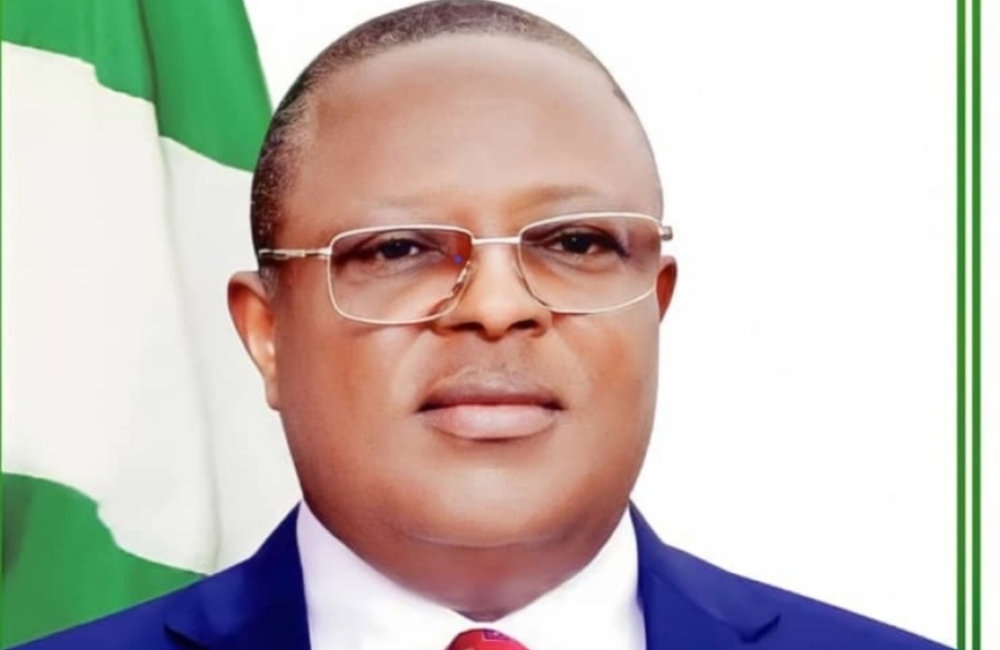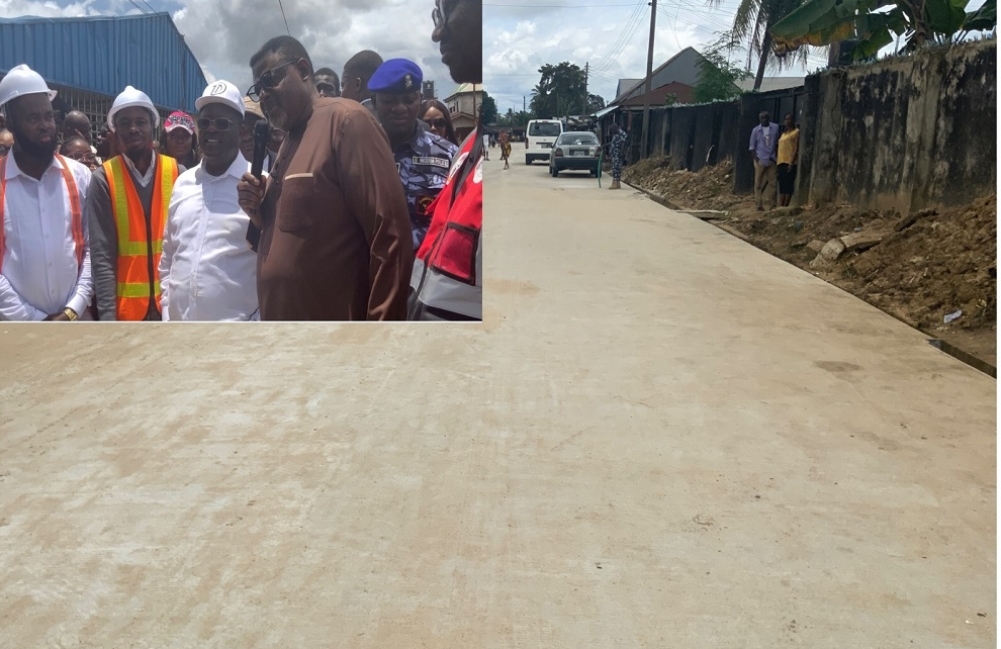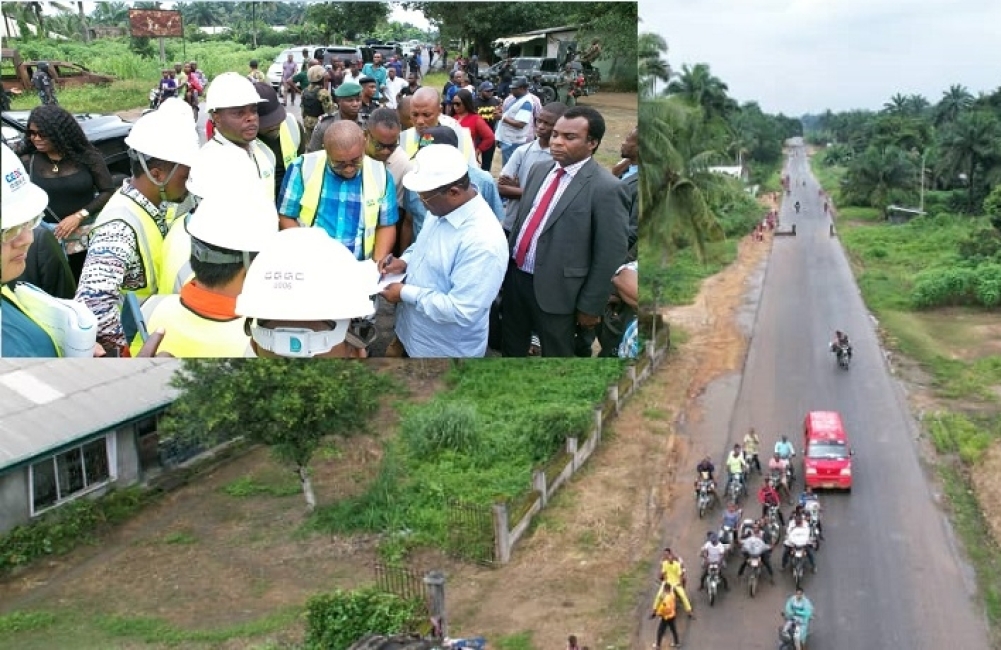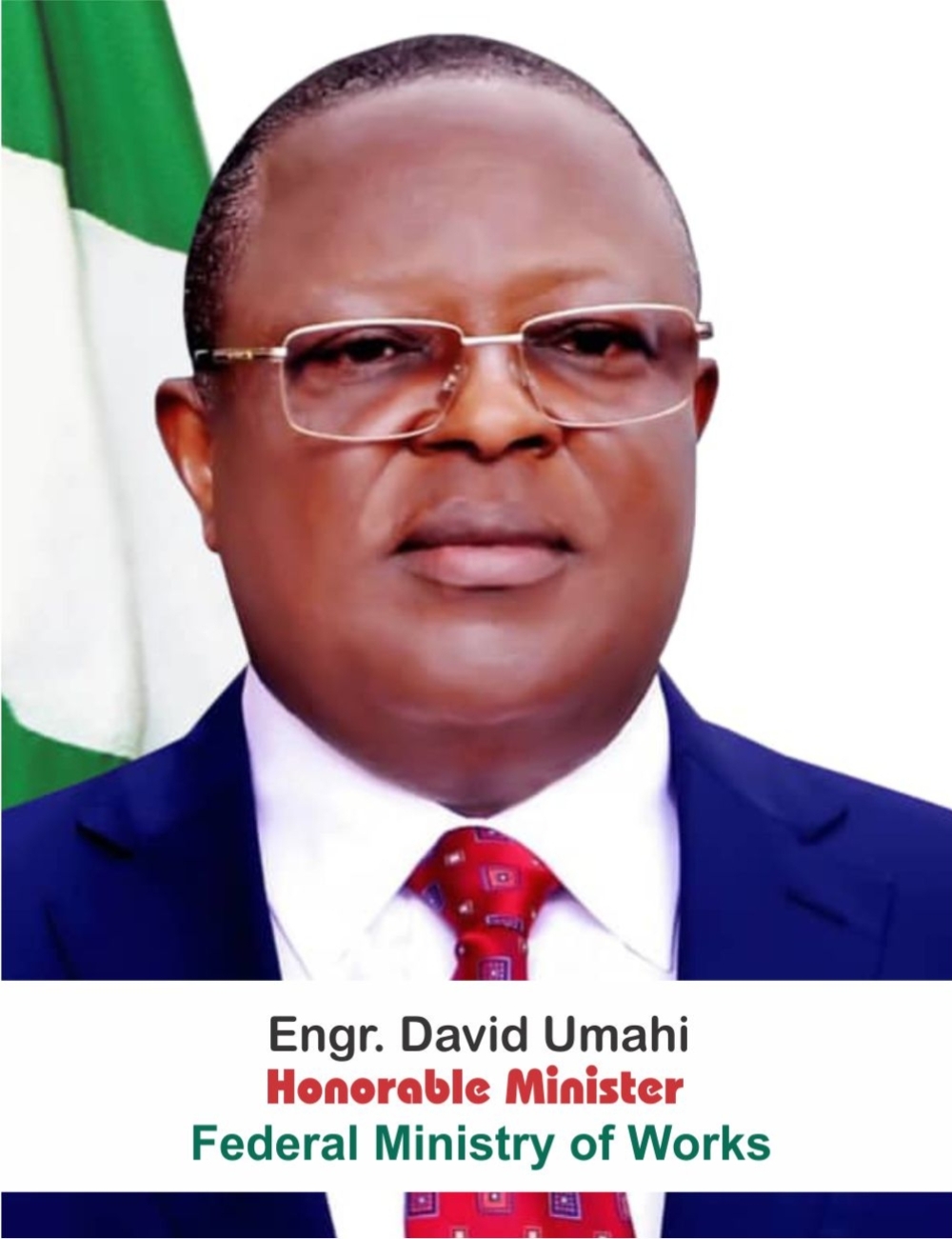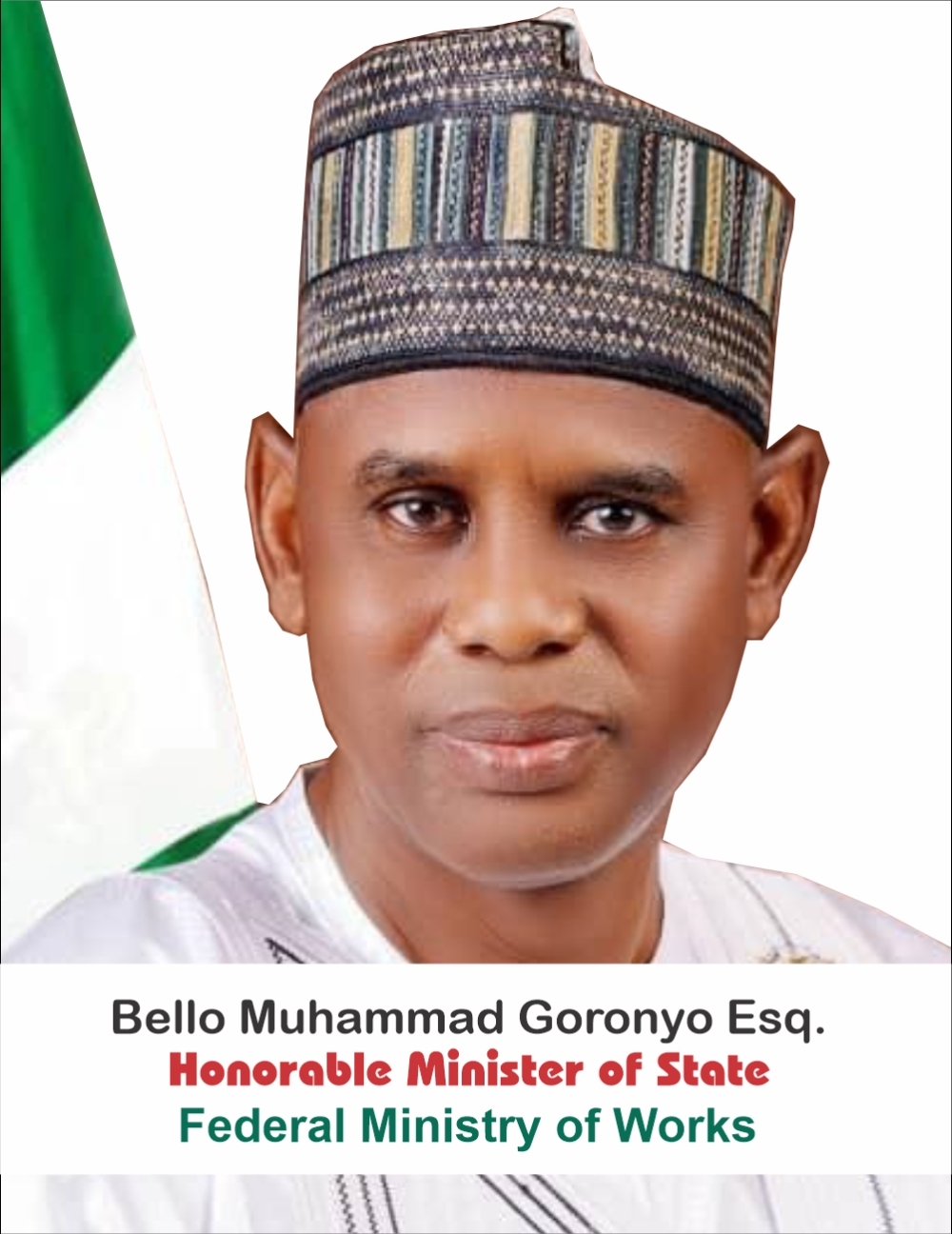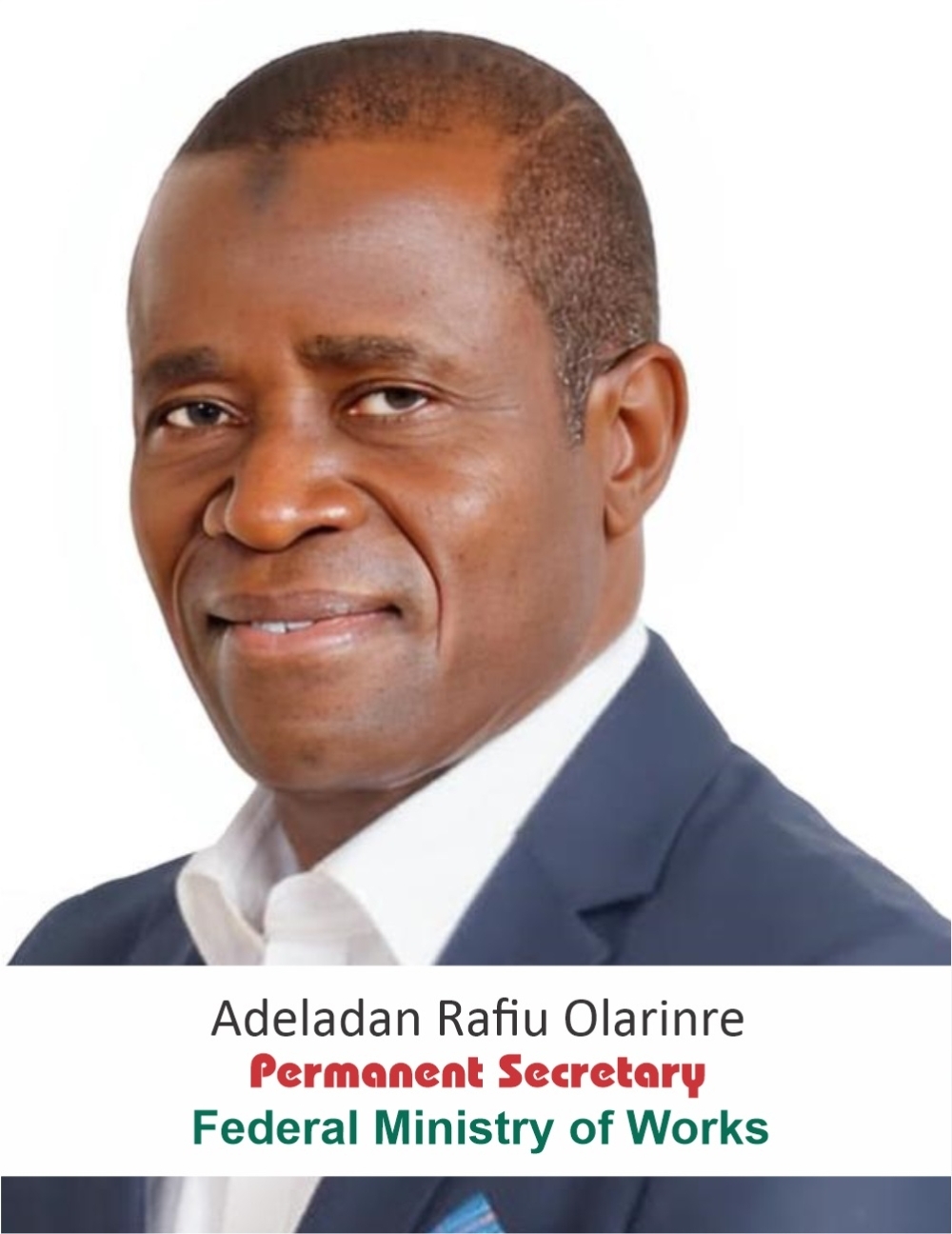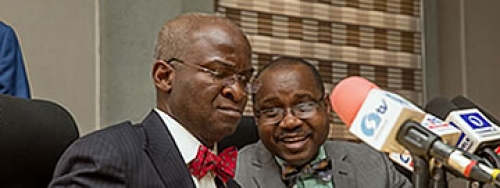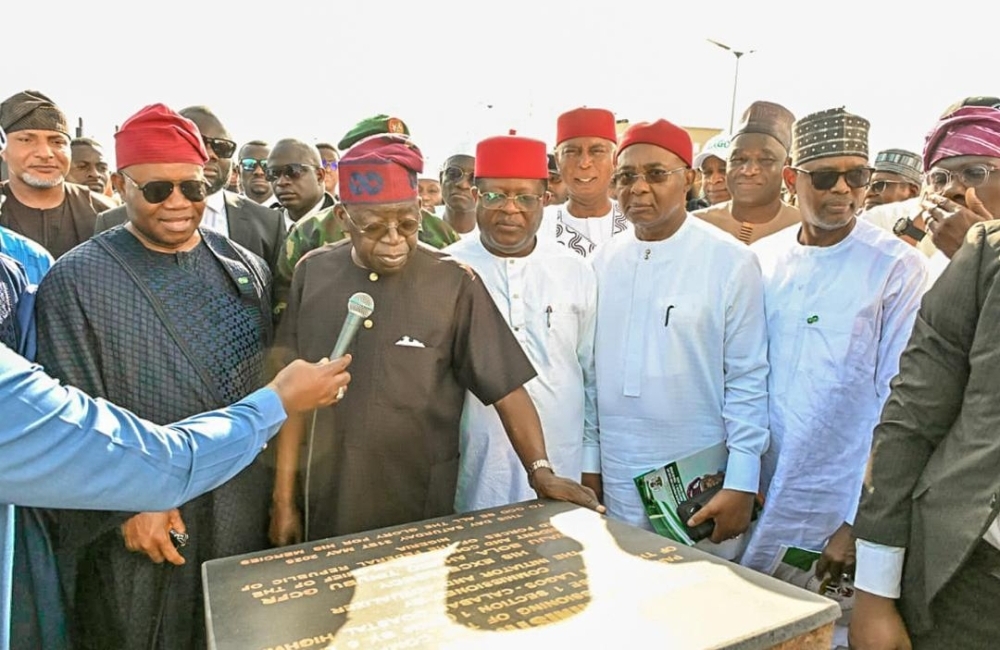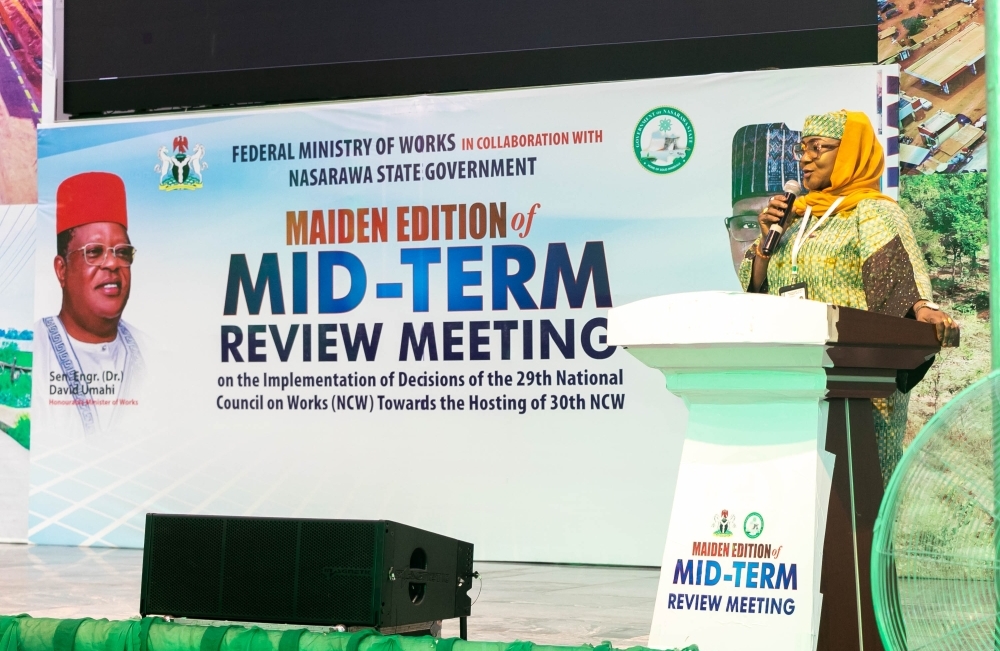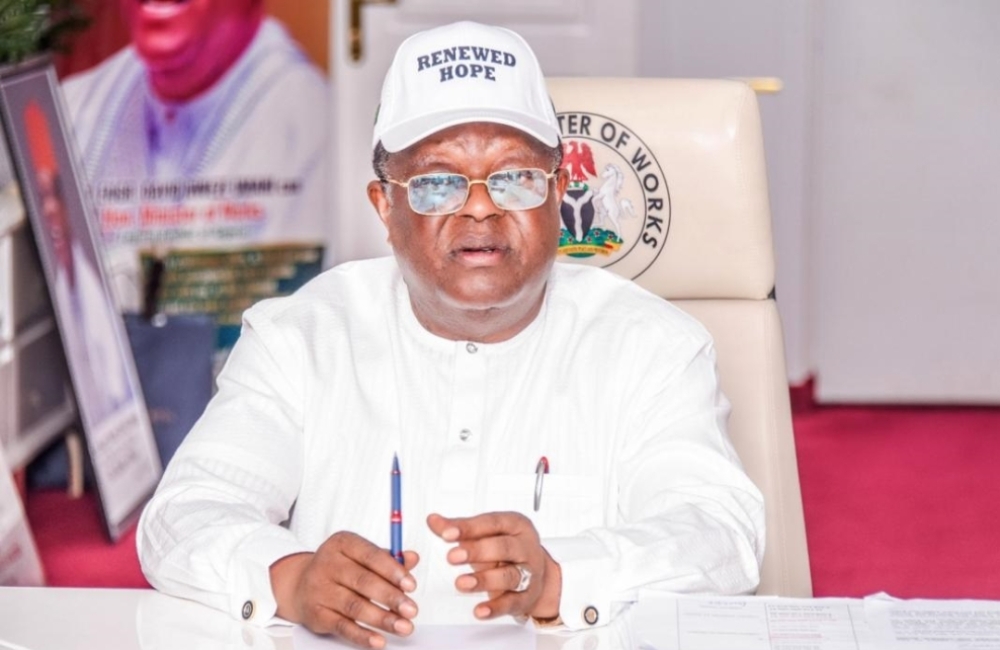
FG ACTS ON PUBLIC COMPLAINTS, ISSUES TOUGH DIRECTIVES TO CHINA HARBOUR ON ROAD PROJECTS
The Federal Government has taken decisive steps to address public complaints and enforce contractor accountability following a high-level meeting between the Minister of Works, Senator Engineer David Umahi, CON, FNSE, FNATE, officials of the Ministry and those of China Harbour Engineering Company (CHEC) and its sister company, China Harbour Operation and Maintenance Company (CHOMC), concessionaires on the Mararraba-Keffi-Akwanga-Lafia-Makurdi Dual Carriageway, held on Thursday, 5 February, 2026 at the Ministry’s Headquarters, Abuja.
During the meeting, several concerns relating to CHEC and CHOMC’s projects were reviewed, and firm warnings and directives were issued to safeguard public health, ensure quality delivery, and sustainability, also to protect government investment.
Engr. Umahi disclosed that the Ministry received a formal petition over the ongoing Makurdi-9th Nile-Enugu road project, where excessive dust from construction activities has continued to pose environmental and health risks to residents on the corridor. Therefore, he directed that the Permanent Secretary issue a letter to the contractor, mandating immediate dust-control measures, including soil stabilisation techniques, to be implemented. He warned that failure to resolve the issue within 7 days would lead to the project's suspension.
On the Dualisation of the Mararraba-Keffi-Akwanga-Lafia-Makurdi Road, the Minister stated that although the project was started by the previous government, the present one completed some sections and tolled them. It was, however, observed that portions of the earlier completed road by the past administration were already falling. Consequently, he reiterated his previous directive that the first five (5) kilometres of the project must be milled, re-asphalted with concrete, and properly re-marked, stressing that the contractor has been given seven days to commence the work.
He further directed that other identified failed sections along the Dual Carriageway be properly rehabilitated through milling and overlay, with particular attention given to poorly executed areas around the Nasarawa State University, failed bridge expansion joints, damaged manhole covers, blocked drainage channels, washouts, and constant vegetation control. In addition, he instructed that all road furnishings be reinstated after the maintenance works.
Engr. Umahi emphasised the need for improved highway safety management, directing the contractor to strengthen corridor monitoring and ensure the prompt removal of stationary vehicles to prevent obstruction and accidents on the Highways.
Whilst expressing deep concern over the slow pace of work on the 7th Axial Road project in Lagos, he noted that site mobilisation remains insufficient despite repeated engagements with the contractor at the site and in Abuja. He highlighted that substantial mobilisation funds have already been paid to CHEC, yet key machineries have not been deployed with minimal site clearance being carried out. In this regard, he also warned that “If full mobilisation is not achieved within the agreed timeframe, we will recover the funds and take firm contractual action.”
The Minister made it abundantly clear that the Renewed Hope Administration of His Excellency, President Bola Ahmed Tinubu, GCFR will no longer tolerate poor execution, delays, or disregard for agreed standards, stressing that warning letters, withholding of certificates, and broader contractual consequences will be applied, where necessary.
He assured Nigerians that the Federal Government remains responsive to public concerns and committed to protecting lives, infrastructure integrity, and getting value for public funds. He informed that President Tinubu is determined to enforce accountability and break away from practices that undermine national development.
Highlighting the administration’s inheritance of projects, Engr. Umahi stated that the government inherited 2,064 ongoing projects valued at more than ₦13 trillion as of May 29, 2023, excluding those on the Infrastructure Tax Credit Scheme. Despite funding constraints, road construction and rehabilitation are progressing nationwide, he confirmed. While acknowledging that the entire federal road network cannot be completed within a single term of four years, the Minister expressed confidence that sustained tempo over the next five years would significantly transform Nigeria’s infrastructure. He, therefore, urged Nigerians to massively vote for President Tinubu in 2027, in order to continue enhancing infrastructure and transportation as enablers of growth and much more.
Responding on behalf of the management of the two companies, the Acting Executive Director (Operations) of CHOMC, Mr. Stephen Lee promised that industry-standard anti-dust measures will be taken on all construction sites, adequate mobilisation and full commencement of work on the 7th Axial
Road and the rehabilitation of the failed sections of the Mararraba-Lafia road.
The Minister concluded by reiterating that contractors must either meet agreed standards or face firm consequences, as the Federal Government remains resolute in delivering safe and durable road infrastructure to Nigerians.
Close












